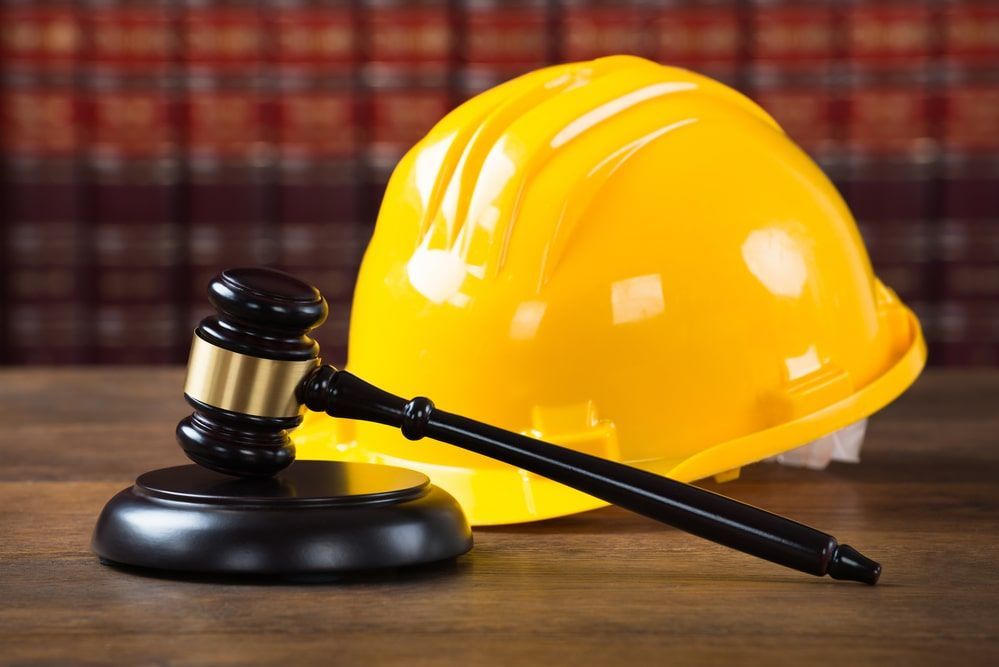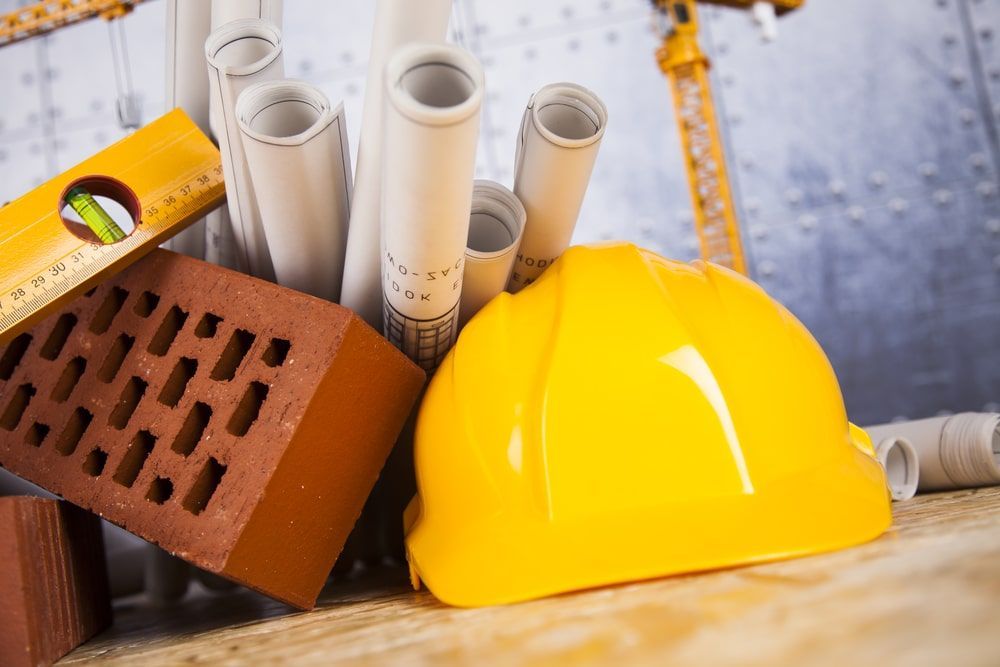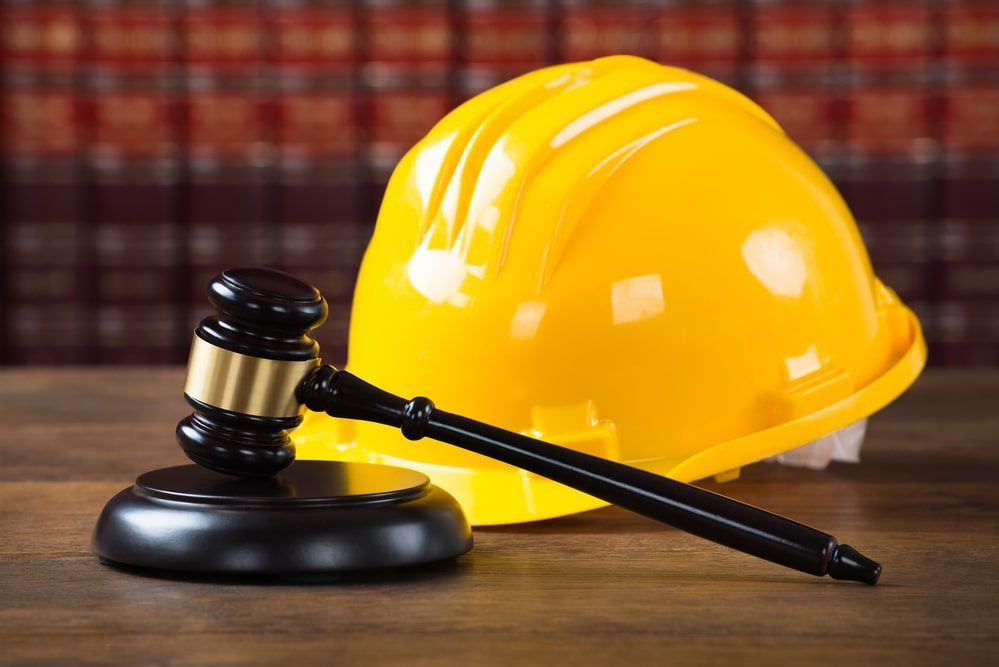Top 10 Issues with Construction Contracts

The construction industry is full of risk. This can be seen in how each party handles the risks they are assigned by contract. It also affects you as an investor or lender. If your loan goes south due to missed deadlines and budget overages! Construction loans typically carry higher interest rates than other types. There is also more potential cost associated with delays caused by shoddy workmanship. Make sure that everything gets done on time (and according to their plan) beforehand, rather than waiting until after things get really expensive.
The contracts, such as building contracts , into which a party enters with other parties involved in the construction project are some of the most important risk management tools available. The bulk of the risk is assigned through indemnity and insurance requirement clauses in the contracts.
The risks of construction projects can be reduced by following many good business and building procedures. Such as thorough preconstruction planning, proven construction methods and techniques, the use of skilled experts, and strong safety programs. As well as careful contract preparation and monitoring.
Investigate the available legal avenues for pursuing your construction claim
When it comes to resolving disputes in the construction industry, suing is just one of many legal options available. Seeking legal advice early on is key to potentially avoiding a costly courtroom battle.
Acting quickly to address any problems can prevent small issues from snowballing into full-blown disputes or legal claims. In fact, many disputes can be resolved through alternative methods like mediation or arbitration, which are often more practical and cost-effective than traditional litigation. So, if you’re facing a construction-related dispute , don’t hesitate to seek legal help and explore your options for resolution.
Common Issues in Florida Construction Contracts
- Changed Conditions
- Delays
- Incomplete or Defective Work
- Termination for Default
- Liquidated Damages
- Warranties
- Insurance
- Indemnification
- Assignment and Subcontracting
- Dispute Resolution Mechanism
Changed Conditions
A contract is a contract, right? Not always! The definition of a changed condition may be very broad in some contracts, while others are specific about what qualifies as a changed condition. For the contractor, any event that alters the work they were originally hired to do can be categorized as a changed condition- meaning more time and money spent on the project, and possible disputes down the road. For the owner, a change in site conditions (such as an unexpected flood) can mean increased costs for the project.
Delays
Contractors often work on several projects at once, and things like bad weather or late material deliveries from suppliers can delay one job while pushing others ahead. This can cause contract disputes if one party feels they are being unduly penalized for circumstances that are out of their control.
Incomplete or Defective Work
Building a quality product is of utmost importance. Unfortunately all too common for contractors to cut corners in order to save time and money. When this happens, the owner may contract another party to come in and finish the job. Of course, this is at additional expense to them. Or, the owner may hold the contractor liable for the defective work and seek damages.
Termination for Default
This occurs when one party to a contract breaches its terms in some way, and the other party is allowed to terminate the contract and sue for damages. It’s one of the most severe consequences a party can suffer under a contract.
Liquidated Damages
These are damages that are pre-determined by the contract as an estimate of what will happen if there is a delay or other breach. They’re meant to be a punishment for the offending party. Sometimes they’re not enough to cover all of the losses suffered by the non-breaching party.
Warranties
A warranty is a guarantee from the contractor that the work will be done according to certain standards, and that any defects will be fixed free of charge. They’re typically given for a set period of time after the project is completed.
Insurance
No one goes into a construction project thinking something will go wrong. Unfortunately, accidents do happen. That’s why it’s important for both the contractor and owner to have insurance in case something does happen. The contract should specify who is responsible for what type of insurance and what happens if one party doesn’t have adequate coverage.
Indemnification
This clause assigns responsibility for damages (caused either intentionally or unintentionally) to one party. It can be a way of protecting the other parties involved in the contract, but it can also lead to a lot of disputes if things go wrong.
Assignment and Subcontracting
When one party to a contract assigns their rights and responsibilities to another party, it’s called subcontracting. It can be a way for the contractor to get out of a contract they no longer want to be part of, or for the owner to bring in additional help if needed. But it can also lead to disagreements about who is responsible for what.
Dispute Resolution Mechanism
This is the process by which contract disputes can be resolved. It can be anything from arbitration (a process where an impartial third party hears both sides and makes a decision) to litigation in court. Whichever mechanism you decide to chose, know it’s important that it be spelled out in the contract so there are no surprises later on.
These are just a few of the most common issues that can arise in construction contracts. By knowing what to look for before signing a contract, both parties can avoid costly disputes down the road.
Different Types of Construction Delays
One frequent cause of construction delays is Acts of God, such as floods, fires, or other natural disasters that affect the construction site. These delays are often beyond the control of the contractor or property owner.
- Owners may cause another type of construction delay when they make revisions that impact the project’s timeline. This can occur if the owner introduces changes to the project after contract signing or adds new requirements that were not part of the original agreement. Such revisions are relatively common and can cause delays in completing the construction project.
- The unavailability of materials is another type of construction delay that can occur when materials are in short supply or need to be shipped from a distant location. In some cases, the unavailability of materials may cause excusable delays, which can delay the construction project.
- Construction delays can also result from labor disputes, which may occur between contractors and workers or different unions. Unfortunately, in some cases, these labor disputes may be beyond the control of the contractor or property owner, resulting in unavoidable delays in completing the project.
Can You Cancel a Construction Contract in Florida?
In Florida, cancellation of a construction contract is possible under certain circumstances, as outlined by Florida Statute 520.72. This statute mandates a 3-day rescission provision for specific home improvement contracts. Both parties involved in the contract have the right to cancel within three business days following the contract’s execution. The three-day period is calculated from the contract’s execution and extends until midnight on the third business day. Notably, weekends and holidays are not counted in this timeframe.
The cancellation process requires the party invoking this right to provide notice to the other party via certified mail or registered mail. While these are the primary methods, alternative notice methods such as email, fax, or overnight delivery may also be used. It’s advisable for homeowners to consider multiple communication channels, given the potential time constraints of mail delivery. Importantly, a homeowner who properly cancels the contract within the stipulated timeframe is not liable to the contractor for any damages resulting from the cancellation.
Home improvement contractors should be aware that specific contracts may necessitate providing a 3-day rescission notice to the homeowner, as required by Florida law. Even if not explicitly required, contractors may choose to offer this notice as a customer accommodation.
Contact A Skilled Construction Contract Attorney in Florida
Contracts are essential for any construction project, but they can also be tricky to navigate. There’s a lot of legalese and jargon that you may not understand at first glance – one small mistake could lead to major consequences down the road.
A Florida Construction Lawyer at Bennett Legal Group can help ensure your contracts cover all bases, so there aren’t any surprises when it comes time to settle up on both sides. They’ll save you from headaches in court by making sure your contract is airtight before work begins! If you’re looking for some more tips on how to avoid lawsuits.
The post Top 10 Issues with Construction Contracts appeared first on Bennett Legal Group, P.A..

















